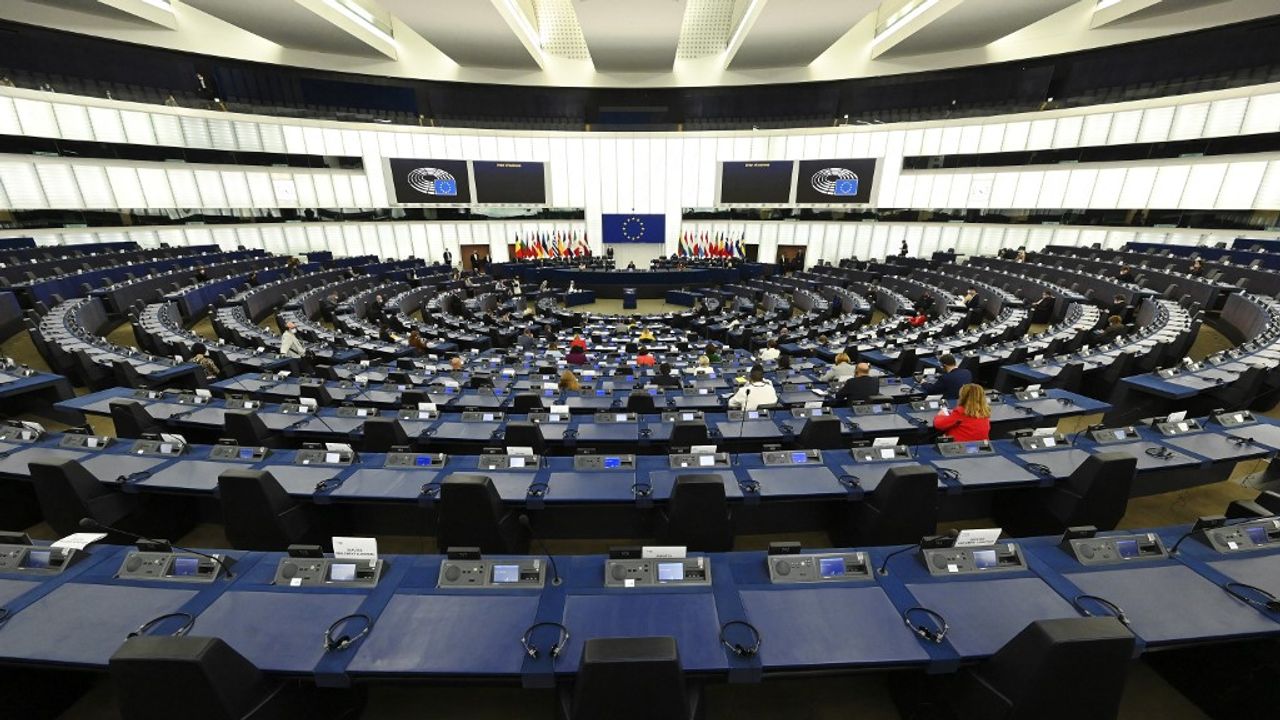
But even in cases where countries “Voluntarily, of your own free will.” They expanded their deficit to more than 3%, can we talk about disobedience as Alexis Corbier asserts? “The wording is misleading because not respecting the 3% rule does not necessarily violate European rules,” explains Vincent Coron, Member marker. “Having an excessive deficit is not illegal, it is a normal procedure and established by treaties.”
European treaties do not require absolute compliance with the 3% deficit rule. It is possible, according to Article 126 of the Treaty on European Union, to exceed 3% on a temporary or exceptional basis. As long as the state is committed to a program that enables it to return within 3% in the medium term. This means that in the event of an economic crisis or the need to temporarily fund a public service, it is possible. Example: France broke out of the rules in 2009 at the time of the mortgage crisis and then in 2015 returned to “budget screws”.
Finally, penalties or fines, which can prove or imply that certain countries have disobeyed, are extremely rare. However, for example: the Portuguese chose, in 2016, the left-wing leader Antonio Costa, who is committed to reviving the Portuguese economy even if it means increasing the deficit. Then voluntarily walk away from the strategy of going back to 3% by “Asi”, explains Vincent Coron. At the time, the European Commission alerted other member states to the situation and proposed, as a punishment, a fine … zero euros.






